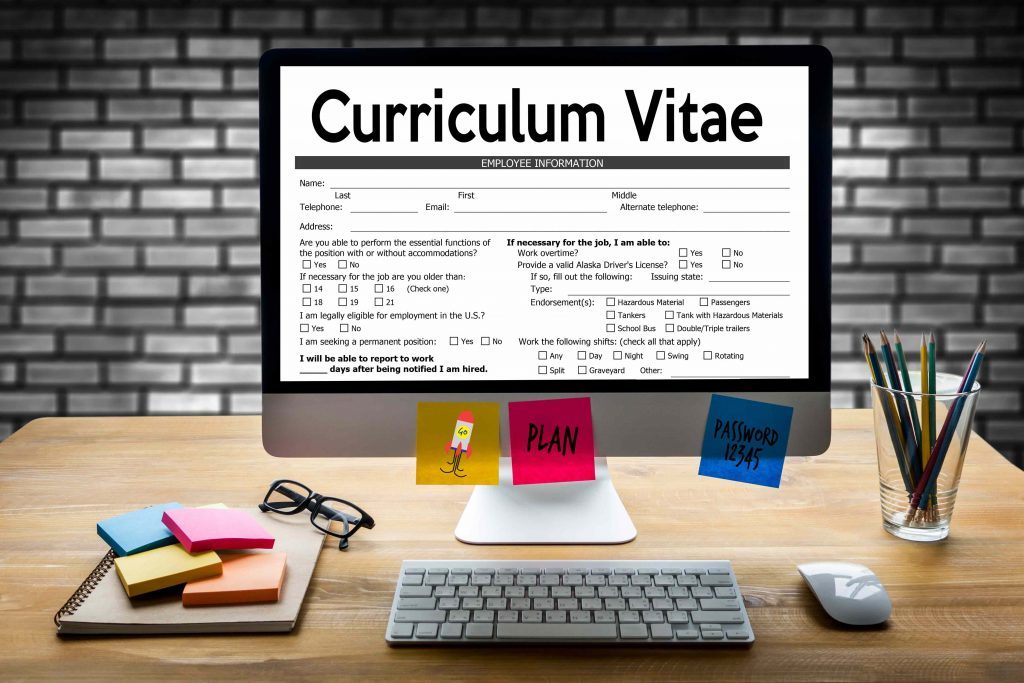
Oliver Jones uses his own experience in CV writing to give you his top tips.
Developing a strong CV is at the forefront of a lot of young dentists’ minds. That’s why I’ve taken some time to put together top tips taken from my own experiences, and that of senior colleagues, on how to create a stand out CV.
Why develop a good CV in dentistry?
To get to where you want in the career of dentistry, you will need to have a CV along that road. A strong CV can help you down your chosen career path and into that job that you’ve always wanted, in whatever field of dentistry. If you apply for a job, your CV will be the first impression your potential employer will have of you, and you know what they say – ‘first impressions count’ – this is no exception with your CV.
What should I include in my dental CV?
Having spoken to various employers, including foundation trainers and training programme directors, we came up with these points that we believe should be on your CV:
- Personal details – name, address, email, contact numbers, professional registration
- Academic achievements – postgraduate achievements, degrees, A-Levels and GCSEs
- Employment experience with dates
- Other achievements of significance – for example any awards that you may have won, any committees you have been a member of or any articles you may have had published
- Outside interests – I believe this aspect of a CV is really important as it helps to show your potential employer that there is more to you than just dentistry. I know as dentists we can all become a little insular in our career, but it’s important to show what else you enjoy outside of dentistry
- Personal profile – to go along with your cover letter and at the start of your CV, you should include a paragraph or two explaining what you are looking for in a job and what interests you have in dentistry, just a little something to introduce yourself
- Photo – when speaking to various principle dentists, in general a photograph went down well as it helped them put a face to your name.
Tips for making your CV stand out from the crowd
Chances are, the job that you are applying for will have a lot of other applicants as well as yourself and the employers will be reading a lot of similar CVs. So how do you make yours stand out?
- Think about the layout – it sounds boring, but a good layout will really catch an employer’s attention. I started my CV with a really punchy first line to engage the reader and placed a photograph at the top of the page. A clean, easy to follow layout will help it to look professional. Make it an easy read for them!
- Sell yourself to them – detail recent clinical courses you have been to and what skills you have picked up from going on these. This shows your interest in certain areas of dentistry and your commitment to continued development. If you are applying for an associate job at a practice that advertises more advanced dental work, showing that you have undertaken CPD in these areas looks very good
- Show your passion – if there are particular areas you enjoy in dentistry then let them know. They will be looking for someone who is enthusiastic, so try and get this across through your CV
- Demonstrate your knowledge of clinical governance – whether you are applying for an associate job or a DCT post, an understanding of clinical governance is mandatory. Detail any clinical audits that you have undertaken, any risk management projects you have completed or any research you may have been a part of
- What makes you different? Don’t just real off a list of adjectives in your personal profile, link what you enjoy in your outside life into dentistry. They want to know there’s more to you than being a dentist
- What else looks good on a CV? Any undergraduate or postgraduate awards or prizes that you have won. This will show outside recognition you have had for your clinical or academic work. Most societies will run competitions, and it’s really worth applying for a few of these with some of your best cases as the recognition gained looks really good on a CV. To help with this, start documenting your best clinical work as soon as possible and build a portfolio of your work
- Try and get published in a dental magazine. Whether it is a short article giving hints and tips, or an article documenting a challenging clinical case. It’s a great learning experience and again, for DCT applications, it shows your commitment to continued learning and helping others
- Postgraduate achievements that you have undertaken, particularly the MJDF/MFDS if you are applying for DCT positions.
Whether you are thinking of applying for a dental core training post, or an associate position, try and develop your CV as early as possible. It will help you gain invaluable experience and hopefully bag you your dream job.


